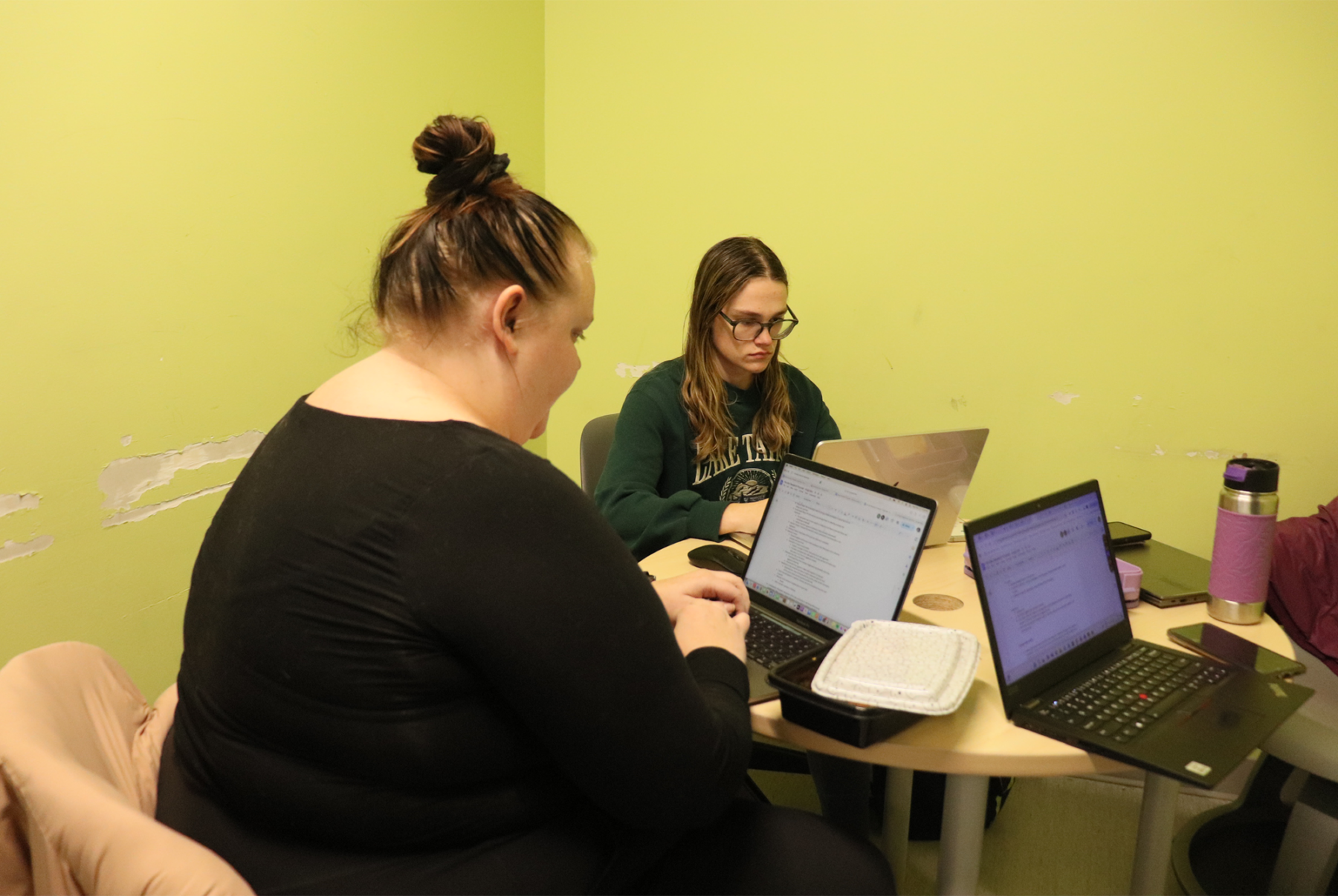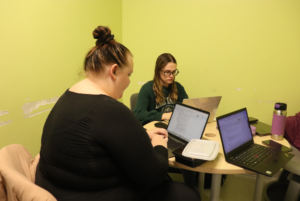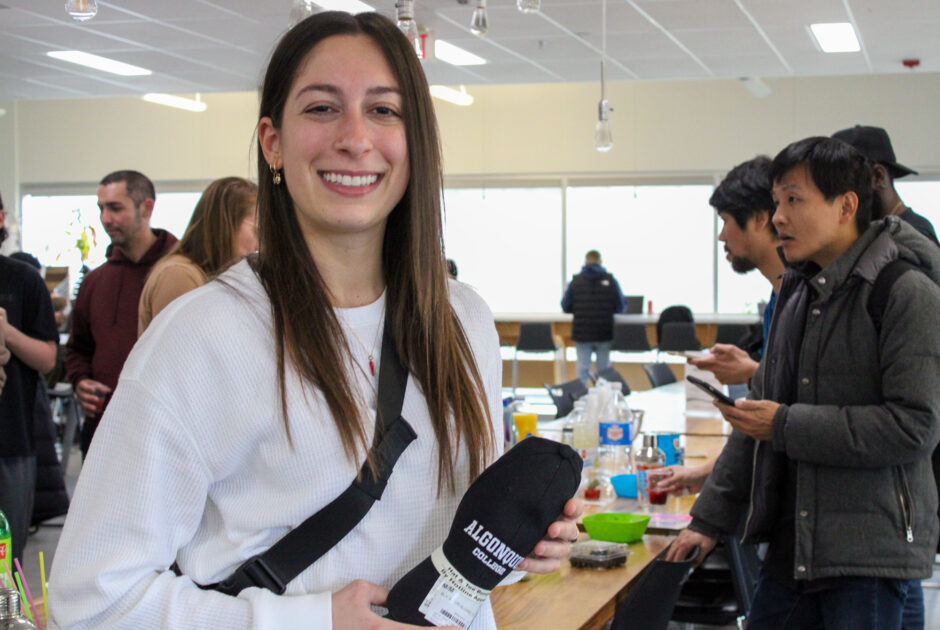Five study tips to get you through exam season

As the end of the fall semester approaches and deadlines get closer and closer, students are trying to learn how to face a demanding workload.
Managing a healthy work life balance while staying on top of challenging academics may be difficult, but these five tips from experts and Algonquin College students should help even the most caffeine-addicted academic.
Tip 1: Understand what kind of learner you are
“We do a lot of work just to understand which students learn in what kind of way,” said Joshua McMillan, an Ottawa Carleton District School Board teacher. “If college students want a leg up without stressing themselves to the bone, learning what style of study best fits them will help.”
Identifying learning styles like auditory, visual and kinesthetic allows students to tailor their individual needs, and can help make studying more engaging and effective. Consider taking a learning quiz to identify what style of learner you are.

Tip 2: Change your scenery
Changing your environment can help you consider things from a new perspective, and allows your body and mind to reset.
A report from Human Spaces Global, a design and research company that focuses on creating “human centered spaces,” found that workplaces that include natural sunlight and greenery are significantly more productive and creative than those who don’t. If you’re stuck on a final project, hitting a wall, or just out of energy, consider moving to another workspace, or even changing who you’re working with.
“It’s more fun to study with people,” said Ashley Hurst, a Level-3 early learning and community development student. “But take breaks in between, get up and move around.”

Tip 3: Take a break
Although taking a break may seem counterproductive to getting more work done, a study by researchers at Cornell University has shown that “brain buster” study breaks allow the mind to reset.
“I set my alarm every 45 minutes, and take a break for 15 minutes,” said Emily Thomas-Moore, a Level 1 paramedic student. “It’s something a friend told me in high school. If I didn’t take breaks I would literally go insane.”
Tip 4: Prioritize your tasks
Making sure you have a firm grasp on what is due when is extremely important, especially in a program like paramedic studies, which has seven exams for Level 1 students like Emily Thomas-Moore.
“I sit down, get my list together, plan it out all in advance,” said Thomas-Moore. “When I set a schedule, and just use the time I set aside to actually study or work instead of scrolling I usually do well.”
Try using a physical calendar to keep track of due dates, schedules, study times and lists. Prioritization tools like the Eisenhower Matrix and the ABCDE method can help flustered students decide which tasks need to be done first.
Tip 5: Remember the big picture
At the end of the day, college is just a handful of years in your life. There are plenty of successful people who failed classes, dropped out of entire courses, or never went to college at all.
Remember to prioritize your own well being, Algonquin College offers a number of support services for students going through any number of issues.








